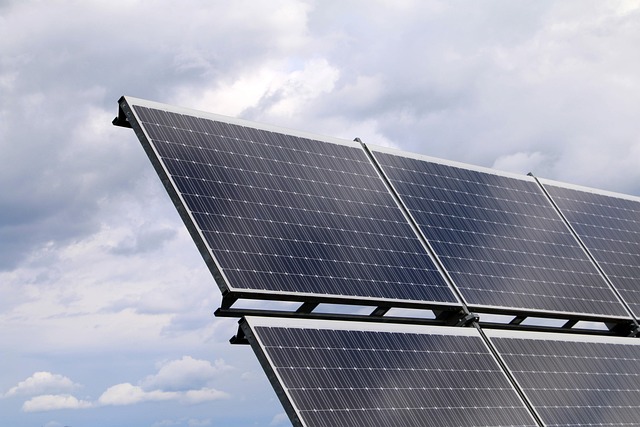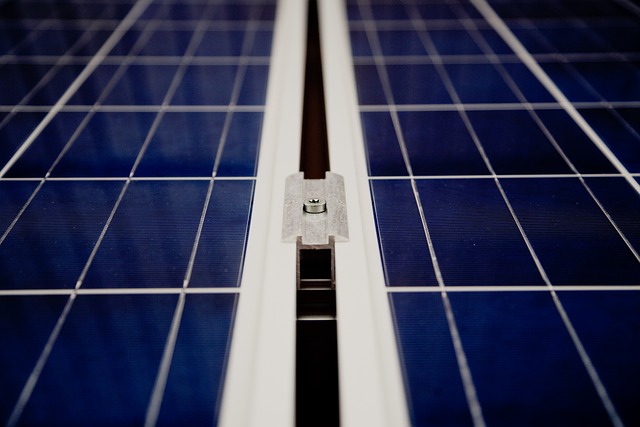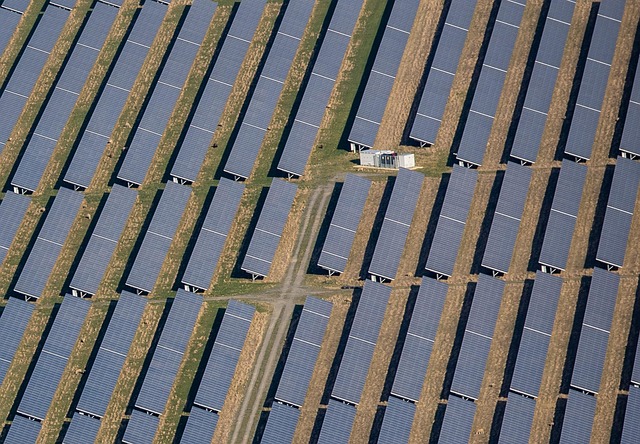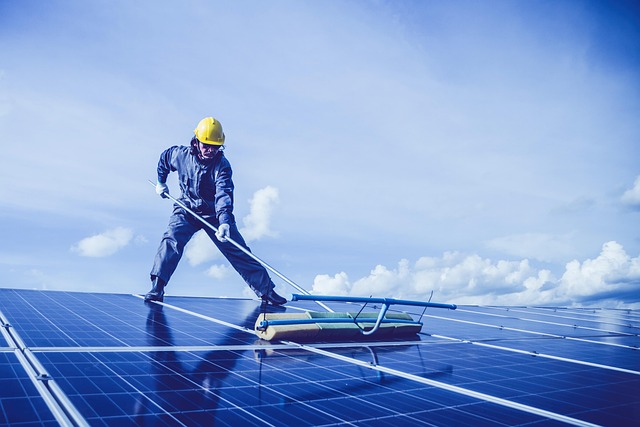In today's real estate market, green features like energy-efficient appliances, solar panels, smart home tech, and sustainable design are expected by environmentally conscious buyers. Marketing these properties digitally with high-quality visuals emphasizes sustainability for attracting eco-conscious tenants or purchasers. Investing in green technologies offers long-term utility savings, reduced maintenance, and increased property value, despite higher initial costs. Government incentives further mitigate risks and enhance the eco-friendly reputation of real estate.
In today’s eco-conscious world, enhancing a property’s green reputation can significantly boost its value. This article explores effective strategies for real estate professionals aiming to showcase their properties’ environmental benefits. We delve into the essential ‘Green Features’ that form the core of eco-friendly real estate, discuss marketing techniques to attract environmentally mindful buyers, and highlight long-term financial savings through sustainable practices. Discover how these tactics can revolutionize your approach to real estate.
Green Features: The Core of Eco-Friendly Real Estate
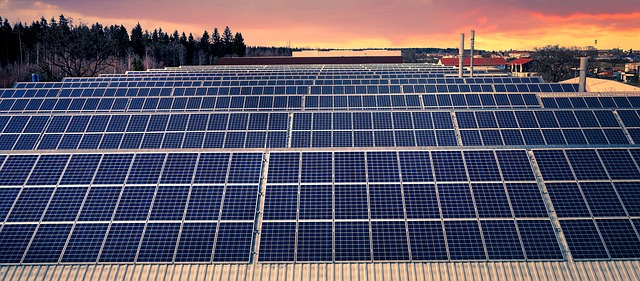
Green features are no longer a nice-to-have addition in real estate; they’re becoming core elements that define an eco-friendly property. These include energy-efficient appliances, renewable energy sources like solar panels, and smart home technologies designed to reduce power consumption. Such features not only appeal to environmentally conscious buyers but also offer long-term savings on utility bills.
Integrating sustainable design principles, such as efficient insulation, low-flow fixtures, and water recycling systems, significantly boosts a property’s eco-friendly reputation. These measures contribute to reduced carbon footprints, better resource management, and healthier living environments. As the demand for eco-friendly real estate continues to rise, properties that prioritize these green features are poised to stand out in a competitive market.
Attracting Eco-Conscious Buyers: Marketing Strategies

In today’s digital era, real estate properties with strong eco-friendly credentials are attracting a significant segment of the market – eco-conscious buyers. These individuals prioritize sustainability and are willing to invest in homes that reflect their values. To capture this demographic, marketing strategies should highlight the property’s environmental advantages. Emphasize features such as energy-efficient appliances, renewable energy sources (solar panels, for example), water conservation systems, and materials used in construction that are locally sourced or recycled.
Leverage digital platforms to reach this target audience effectively. Create compelling content showcasing the property’s sustainability initiatives through high-quality visuals and engaging narratives. Utilize social media to share tips on eco-friendly living and position the property as a leader in sustainable practices within the real estate market. Remember, appealing to eco-conscious buyers not only helps attract potential tenants or purchasers but also enhances the property’s overall reputation and long-term value.
Long-Term Savings: Sustainability's Financial Benefits

Sustainability in real estate isn’t just a trend, it’s a smart investment. Properties known for their eco-friendly features and practices have proven to command higher prices and attract discerning buyers and tenants. While initial setup costs can be higher, long-term savings on utilities, reduced maintenance, and increased energy efficiency make these investments pay off over time.
By incorporating green technologies like solar panels, efficient appliances, and smart home systems, properties become more self-sufficient and resilient. This reduces dependence on external resources, minimizing future environmental and financial risks. Additionally, governments often offer incentives and rebates for adopting sustainable practices, further easing the financial burden and enhancing a property’s eco-friendly reputation in the competitive real estate market.
